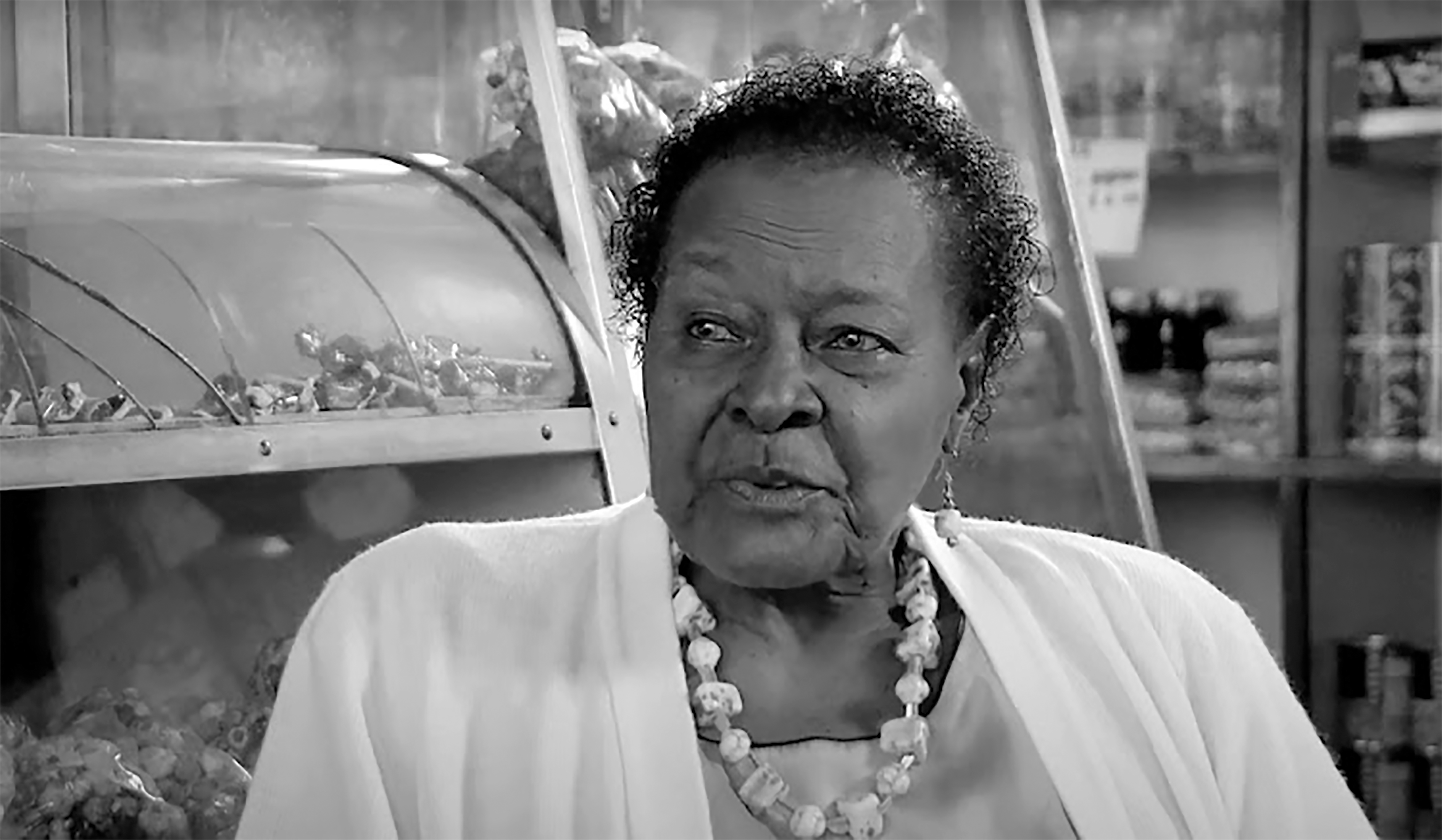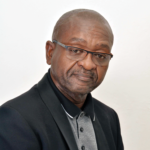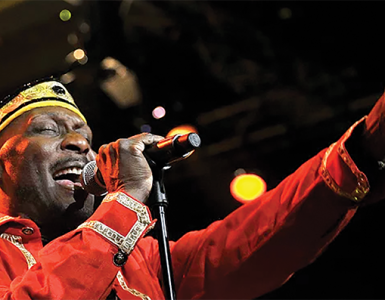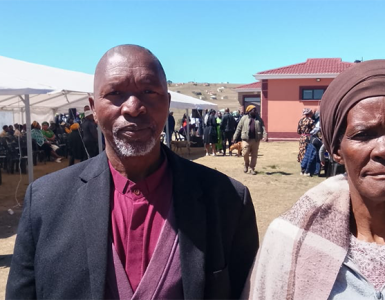CITATION: A recipient of The Order of the Baobab (Silver), Sally Motlana (1927 – 2023) will be remembered for excellent contribution to women’s emancipation and upliftment and her struggle for a non-racial, just and democratic South Africa…
Profile of Sally Motlana

Born in 1927 in Pilgrim’s Rest in the then Eastern Transvaal, Sally Motlana came to Johannesburg in 1931. She stayed in Vrededorp initially and moved to Sophiatown in 1933.
After gaining her junior certificate, she was unable to further her studies due to a lack of funding and was sent to the Diocesan Training School by the Anglican missionaries to train as a primary school teacher.
While teaching, she obtained her matric in 1949 through part-time studies. She commenced her studies the following year at the University of Fort Hare.
It was at this point that she began to question everything in her life – her surroundings and her country – and in 1951 she was elected secretary of the African National Congress (ANC) Youth League.
True to the spirit of the Defiance Campaign, she resigned her teaching post in 1954 following the introduction of Bantu education.
Within seven years of her being in political office, the police pounced on Sophiatown on 9 February 1955 and forcibly relocated the people to Meadowlands, Soweto. In the battle that the system waged against its victims, Motlana proved not only to be an adept political activist but also a spiritual human being with a passion for community-based development initiatives.
In the most difficult time faced by the church, she became an energising ingredient in making the South African Council of Churches (SACC) take a stand against an unjust system.
The 1970s witnessed this voice being elected to serve the Black Housewives’ League (BHL) as national president for 20 years and she is still the organisation’s honorary president.
Under her direction, the BHL built a six-classroom Primary School in Polokwane. In 1988, the BHL was given a piece of land in the same area and used it for growing vegetables. She secured visits by students of the Potchefstroom Dept of Agriculture to ensure a transfer of skills from students to the Polokwane BHL Branch on better ways of growing vegetables.
Other areas that started vegetable projects under her direction were the BHL in Lebowakgomo, Bushbuckridge, Kiblaren. In 1989, the BHL Mphahlele Branch built a crèche. More crèches were built in other areas.
The BHL under her direction refused to join with their white counterparts, because, according to her, the white counterparts were concerned about the price of butter whilst the BHL was concerned about the price of maize meal which was and still remains the staple food of black people.
She travelled extensively doing work for the SACC and the All-African Council of Churches, raising the awareness of the international community about oppression and the dehumanising effects of apartheid.
Being constantly arrested by the police, Motlana had to find other means to complement the family’s income. She opened a grocery shop called ’Sizwe’ which is still operational in Mofolo Central, Soweto.
In 1976, during the Soweto uprising, she was detained. She was detained again in 1977 and 1978. During this time, Motlana still found time to serve on the board of Operation Hunger, the Johannesburg Diocesan Council, the Institute for Multiparty Democracy and the Urban Foundation. She was also an elder leader at the St Paul’s Anglican Church where she teamed up with Bishop David Nkwe to start a candle-making project, of which sales abroad injected much-needed income into self-help community initiatives.
Sally Motlana’s life is a story of a woman who may have lost her heart in Sophiatown, but found her spirit in combat readiness when Soweto exploded in June 1976. She enlivened all around her with the power of her profound spirituality, and braved apartheid brutalities by taking on the system wherever life took her.
Her voice is still greatly admired by young members of the Soweto-based choir, Isiphephelo Choral Society, of which she is a patron. – Source: SA Presidency
Tribute to Sally Motlana
ACTIVISM: She was a volunteer of the 1950s Defiance Campaign; activist student at University of Fort Hare; and mother and guide to first generation of 1970s Black Consciousness Movement leaders…

By Dr. Andile M-Afrika
While working on the first edition of my first book, The Eyes That Lit Our Lives, I put together a list of people I thought were vital in helping me to bring the story of a man whose Eyes had Lit Our Lives, Bantu Biko. In the list there were colleagues who were within Biko’s age group. There were also others who were younger than him, born in the 1950s and 1960s.
Curiously, I needed the elderly folks too. I found them within the family and from the neighbourhood. I found an old teacher, his elder brother, men of cloth, a PhD holder who became active in the Black Consciousness Movement. I could not leave the great activist couple, Dr. Ntatho Motlana and his wife Mama Sally Motlana.
I travelled to Gauteng and a friend took me to Sizwe Stores, a small shop that Mama Sally was running. When we arrived and when my friend had introduced the purpose of the visit, I was given the most intimidating look, a stinging pair of eyes from toe to head. I was so scared she may not agree to the idea of an interview. Without talking to me, as if I never mattered, she nodded her head that we can do it in her Dube home the next day. What a relief!
On the morning of the interview I was joined by the recipient of the Presidential Order Award, the veteran journalist who worked closely with Biko, Bokwe Mafuna. We drove in his Mercedes Benz and arrived in time at Dube. We were received by a young lady who ushered us into the lounge. There was a table that was set. It was clear Mama Sally may have been expecting some people. So, I wisphered to Bra B that we should speed the work as fast as possible so that we don’t mess with the old lady. By then, I had not recovered from the intimidating look.
This is very important for me because it is an experience that I can never forget. I got my recording equipment ready, a video camera on tripod and an audio recorder.
The Motlana home in Dube is a beautiful house. It seats on a little hill. From its wide windows, one can view Soweto and its moving cars and people, emshishi eJozi, as my grandmother would say. Also, from the Motlana home I could see the dense reeds that formed a valley between the sections of the township. This is where the wives of Black mine workers were hiding themselves from the violent raids conducted by white police.
In came Mama Sally. She looked fresh in a Blue sweater with bold Black inscription “Black Woman”. She greeted and hugged. I was still scared.
I had planned to rush through my questions. I could not succeed because her answers became explanations that were filled with images. She was well prepared for what we were about to do. I was still scared.
In the course of the interview we had to take a break. At that point, she led us to the table. My God! The whole preparation was meant for us? That’s when I recovered from intimidation.
This tribute cannot cover everything. I will share one aspect of her contribution to my book. I asked if she could remember her first meeting with Biko. This is what she said, “We were at UCT in Cape Town. I was representing the SACC. The workshop was dealing with community development. On the first day everyone was contributing in the deliberations. On the second day, delegates were asked to report on what they were doing in their areas. Suddenly, this young man who was all along quiet, stood up to tell us about Eastern Cape. He was passionate. He was telling us that we should work for our people. I picture him like he was walking through a burning fire, the way he could work himself up during that session. I got to know then and this was the beginning of a long journey where the new Black Consciousness Movement began to visit this house and Sizwe Stores. At the time, we had our mkhwenyana living with us, Abram Onkgopotse Tiro, and together with the man of this house, my husband, discussions always went into the night.”
At 96 years of age, it’s a life well lived. Mama Sally Motlana was part of the Class of the 1940s. She was a volunteer of the Defiance Campaign in the 1950s, an activist student at University of Fort Hare, a mother and guide to the first generation of Black Consciousness Movement leaders in the 1970s
Lala ngoxolo ntombazana
Usikhonzele kubantu abadala.
Send our greetings to the departed.
Azania keya rona.


































